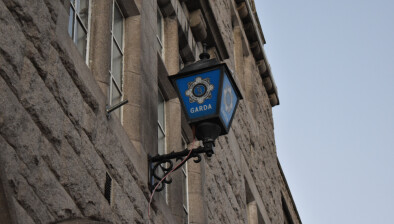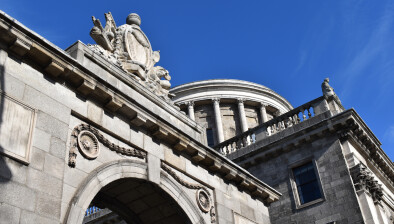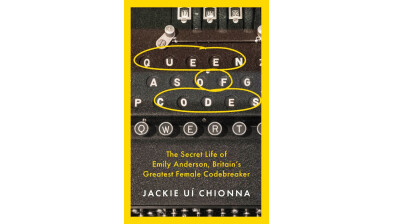Review: The shame and the glory of the liberation of Paris

Graham Ogilvy reviews a new history of the liberation of Paris.
Eighty years have elapsed since the heady days of August 1944 when Paris, the City of Light — and to many, a beacon of light in the pre-war days — liberated itself from the ignominy, shame and cruelty of Nazi tyranny.
Patrick Bishop, a former Paris bureau chief for The Daily Telegraph, brings the seasoned eye of a journalist to bear with the thoroughness of an accomplished historian in Paris ‘44, a compelling account of tragedy and triumph, of resistance and justice dispensed, albeit a little too roughly.
Some of it is familiar territory — a prickly De Gaulle is portrayed desperately lobbying and jockeying for position with the Allies as the popular forces of the Communist resistance set the pace and lead the Parisian insurrection, which begins on August 16th and is intensified two days later with a general strike and subsequent fierce fighting. Luckily for De Gaulle, he had established a good relationship with the Allied commander-in-chief Dwight D. Eisenhower, which more than compensated for the haughty General’s poor relations with Churchill and the White House.
Eisenhower was persuaded to abandon the Allies’ original plan to side-step Paris and clear the Germans out of the Pas-de-Calais after De Gaulle painted a picture of possible civil breakdown, starvation and Communist triumph (the British Foreign Office also feared the latter) in the French capital.
Accordingly, a French army led by General Leclerc and supported by the Americans and a token force of British was sent to usher in De Gaulle’s rule. Leclerc’s advance was impeded by hysterical crowds welcoming their liberators and something of a carnival atmosphere enveloped Leclerc’s column — which, to his annoyance, was reported by Ernest Hemingway, who, along with the celebrated war photographer Robert Capa and sundry other journalists, joined the party to see history made.
A slightly past-it Hemingway and a jubilant Capa are delighted to join Leclerc’s ninth division, La Nueva, which is composed of Spanish Republican Civil War veterans and whose tanks and armoured vehicles are adorned with Spanish republican slogans. It’s just like the old days in Madrid for ‘Papa’ and Capa.
A Vichy poster attacking the Manouchian group as dangerous immigrants
Bishop is very good at picking up this sort of detail and in the process highlights the contribution made by groups and communities previously ignored. The Spanish republicans (60,000 of whom fought with the resistance), Arab Muslims and East European Jews all receive appropriate recognition. So too does Georges Dukson, a black immigrant from French Equatorial Africa, whose heroics earned him the nickname of ‘The Lion of the 17th’.
The importance of French colonial troops in the liberation of France should not be (but invariably has been) underestimated. Visitors to the vast Chasseneuil war memorial in the South West are frequently surprised at the number of Muslim, African and Indo-Chinese graves among those of the fallen.
Distance from the Cold War allows Bishop to accord the Communist resistance and its two leaders Henri Rol-Tanguy and Pierre Georges (Colonel Fabien) the credit they deserve.
This year, as part of 80th anniversary celebrations, President Macron at last ordered that the remains of the executed Armenian poet and Communist resistance leader Missak Manouchian be moved to the Pantheon to rest among France’s heroes.
During and after the liberation of Paris, justice was dispensed roughly by the resistance — and sometimes horribly mistakenly. An innocent man wrongly accused of being a sniper after watching street battles from his balcony with a telescope was beaten and shot. His wife suffered the same fate. Two innocent sisters are falsely accused of being ‘collabos horizontale’ and have their heads shaved in public.
Most of the collaborators got away with it, however. Among them was the vile head of the Paris police, Rene Bousquet, who had organised the round-up of Jews in the French capital for deportation to the death camps — even in July 1944 with the inevitable liberation of Paris just weeks away, the Vichy authorities handed over 250 Jewish children taken from Paris orphanages to the Nazis. Bousquet would not face justice until 1993 — and even then it was denied by an assassin’s bullet.
The legacy of the Liberation of Paris remains a mixed one and the fault lines between the heroes of the resistance and the collaborators of Vichy has once again come into sharp focus in recent months. The ghosts of Paris 1944 are enduring a restless sleep.
Paris ‘44: The Shame and the Glory by Patrick Bishop. Published by Viking, 2024, 374pp, £25 hbk.









